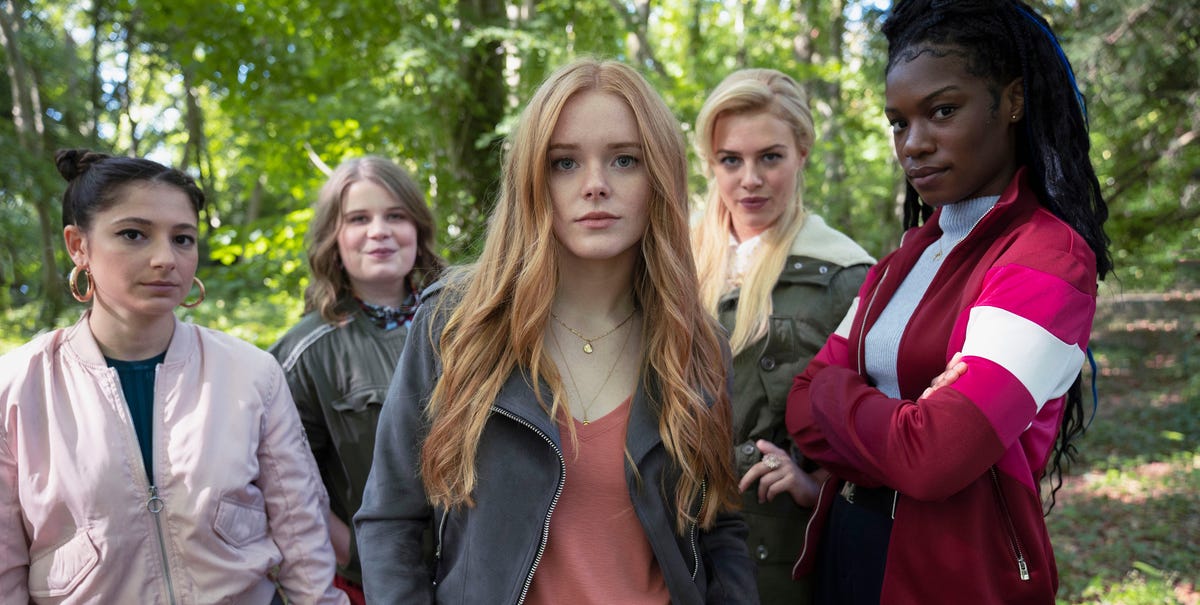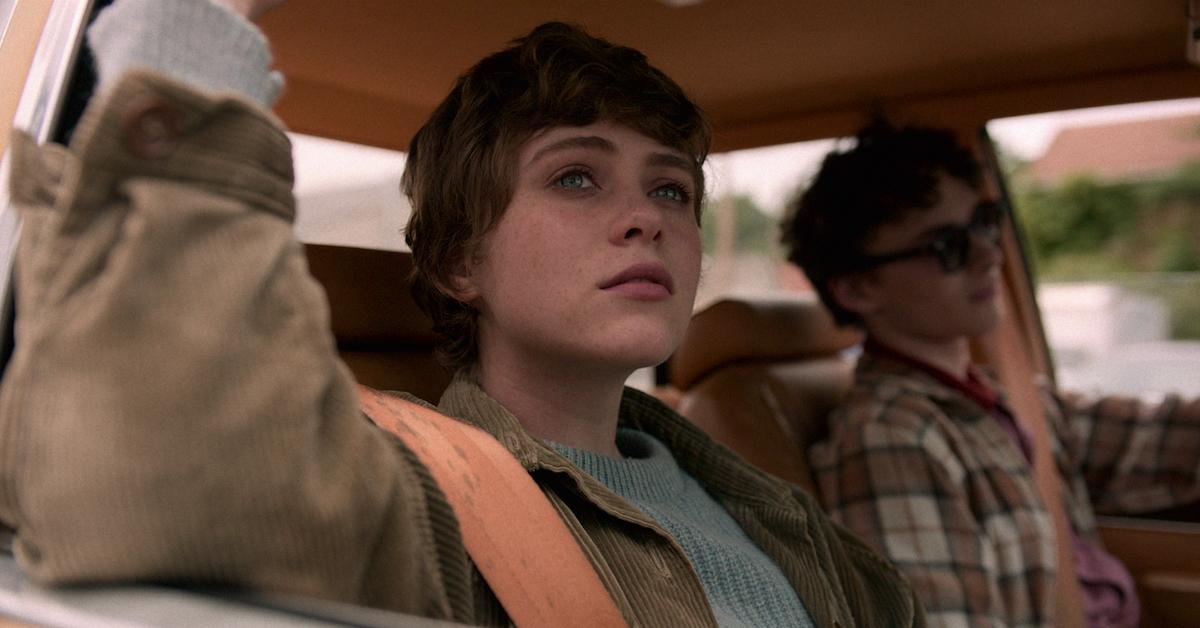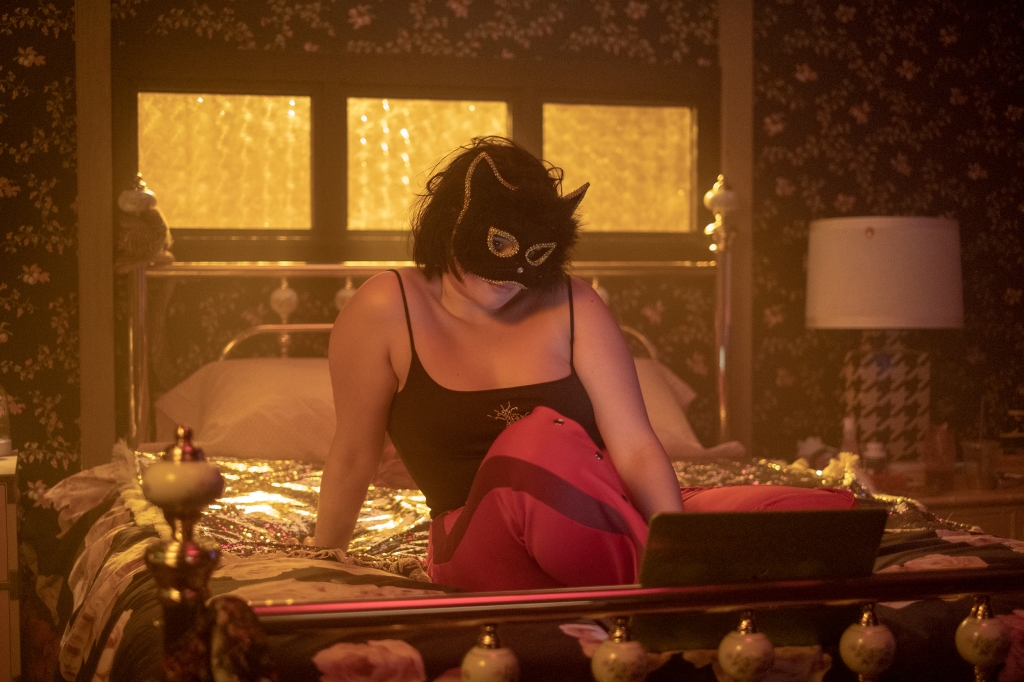
Why is it that films, articles and television shows about Generation Z are created by older adults? Take this piece as an example where a non-Gen-Z woman claims to understand ‘teen melancholy’. Most of the content on screen is targeted towards the younger age bracket of us, being fifteen to eighteen, so why does it feel as though the material is meant for an older audience, say in their twenties? As an eighteen-year-old Gen-Z girl, shows such as Euphoria and Fate: The Winx Saga do not feel representative of teenage life. Older filmmakers have this agenda that present-day school is either filled with sex and drugs, or we all want to be a quirky unique girl with distasteful fashion who saves the entire universe from an evil presence.
The obsession with the sex life of underage teens is apparent with Euphoria – an HBO hit supposed to portray the inner minds of young Gen-Z. Whilst I understand the mental health issues and drug abuse can be related to by viewers, it is an uncomfortable watch. Many people expressed how they watched the show but felt no personal connection to the characters. If the Euphoria cast were in university, not secondary school, it definitely would have been believable. We see this again with the recent Why Are You Like This, a show targeted at Gen-Z, supposed to be about Gen-Z but focused on sex, drugs and alcohol (although this is said to be about the older Gen-Z age bracket of 20-24 rather than 14-18 like others). It’s not as though Gen-Z isn’t doing these things, but the vast majority are focused on practising TikTok dances in between GCSE revision or stressing over UCAS applications.
This feeds into a larger narrative of paedophilia in Hollywood. The expectation that eighteen/nineteen-year-olds are mentally mature enough to be considered ‘adults’ is very predatory. We know that the industry had a shift towards hyper-sexuality with Britney Spears and Brooke Shields while they were underage; sexualising young girls is a product of capitalism suggesting the only way to achieve fame and success is to view your body as a commodity. The pornography industry feeds off selling the ‘barely legal’ label, mainly to men, and it is Hollywood who has stimulated this.

The surge in girls creating an Only Fans right as they turn eighteen can be considered a direct correlation to the shows we are exposed to. If we go back in time, Gossip Girl and 90210 were earlier examples of hyper-sexualised teenagers, selling a totally unrealistic example of school life. While liberal/ third wave feminism may support this, I believe that we should analyse the role of the patriarchy when discussing sex. How true female sexual autonomy is the right to have sex free of judgement, and to abstain when unwanted. Sexual freedom/equality from a young age being encouraged as sexual liberation aligns a lot of young girls with predatory ideals. How can filmmakers say they are representing young people if they are potentially harming us in the long-term?
The genre of ‘dark high-school’ is another topic we need to discuss. The Winx Club remake brought along many upset feelings from older members of Gen-Z who grew up watching the show. We loved it for the amazing fashion, the character of the girls and the excitement! Like Stranger Things, Netflix’s Winx Club is not light-hearted, and for teens living in a broken world with failed electoral politics and racial tensions, how is it escapism to always see death and destruction targeted at us? I Am Not Okay With This is another example of Netflix creating the same show with an isolated white girl as the main character who discovers she has powers. It’s getting repetitive and a new creative direction is needed if streaming companies want Gen-Z to stay interested in what they have to offer. School is not as serious as television makes it out to be; I’ll wait for the day I see struggles of deciding what to wear for that Year Eight drama performance shown on screen or a horrific re-creation of a Bronze Duke of Edinburgh hike in the cold.

Riverdale and The Chilling Adventures of Sabrina are two examples of the ‘dark high-school’ genre mixed with inappropriately sexualising teenagers. Clearly Netflix has a problem! The fact remains that we are not classed as consenting adults while still in school, so why do these shows portray it that way? The ending for The Chilling Adventures of Sabrina was widely criticised for glamorising suicide as the character says he “went swimming in the sea of sorrows” the undertone for younger audience members to hopefully not catch onto.
Most of these new releases are targeted towards a general American audience, so for British teens, we do not have a coming-of-age film/show for us all to relate to. Getting down into the grittiness of English schools, but also the distinctive humour we share. I mean Educating Yorkshire is a great show to watch for in-school life but what about outside of school? Personally, the only British show for Gen-Z I can think of is Ackley Bridge which neatly ties in a lot of deep issues together, for the right age range, without being unrealistic.
Essentially, as Gen-Z, we want to see ourselves on screen, realistically, having fun. We love fashion, adventure, romance! We want to be able to laugh at what we are watching and see ourselves portrayed in the characters. The only way filmmakers can do this is if they include us in the process of creating, listen to our concerns when we speak, and allow us to showcase our ideas and talent to the world.
by Imaan Asim
Imaan is a writer, critic and creative disrupting narratives of fashion, education and race through articles, essays and poetry. She grew up living between the Middle East and England, and is currently on a gap year before university. Find her work here.

Leave a comment